Back To In-Class Learning - Post-COVID Tips For College And University Students
Are you worried about going back to in-class learning? Learn about the most important tips to remember as we transition away from remote education.
An increasing number of people around the world are now vaccinated against COVID-19. And thankfully, case numbers are gradually starting to ebb. It's almost safe to say that things are starting to go back to normal.
It may feel like it's been forever since the pandemic started. But for most of us, a new, post-COVID tomorrow isn't far off on the horizon.
That means going back to in-house dining and shopping. Being able to go to movie theatres and public events.
And, of course, for millions of students across America, it also means going back to in-class learning.
So, we thought it'd be a great idea to put together the following quick guide with that in mind.
Below, we're exploring what to keep in mind as we transition from remote learning back into on-campus education for college and university students.
Browse cheap and affordable textbooks, novels, short story collections, and more at TextBookNova.Com
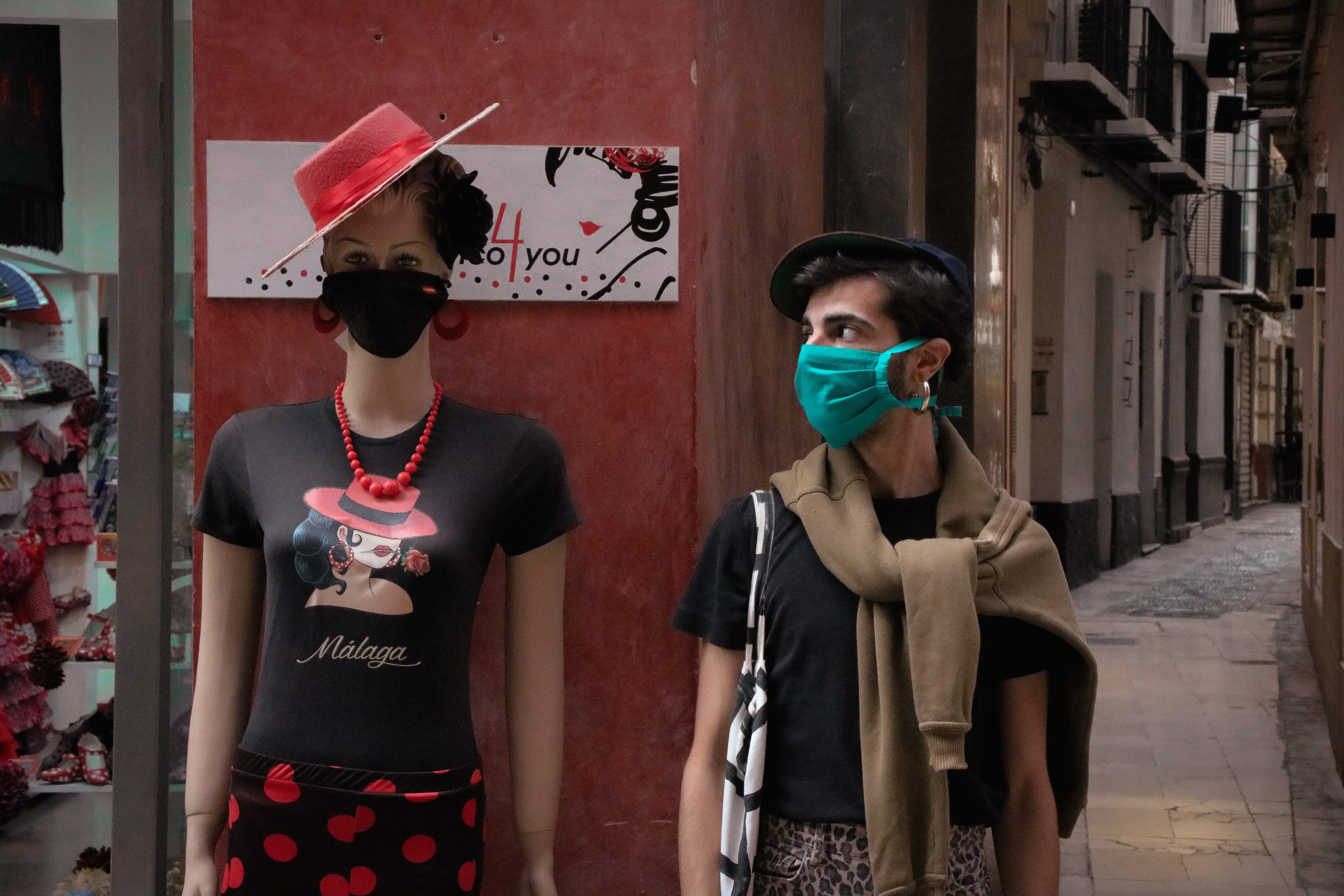
Know The Facts
Today, there's more misinformation than ever before floating around on the internet.
From those who still people the world is flat to those that protest wearing facial coverings or being vaccinated, there are all kinds of people out that.
And not to say that any one person is correct, but it's essential always to keep yourself informed and know the facts.
Make sure that you're not getting your news from fake news outlets. These counterfeit sites often look precisely like reliable news websites. However, they don't tell the truth. They fabricate stories and use so-called "clickbait" headlines to get as many visitors as possible onto their sites.
Whenever you're looking for facts, only trust government-regulated sites. Or outlets you that know and trust. Just because you see a news story on your social media feed, that doesn't mean it's the truth. Always fact-check and inform yourself before believing the things you see online.
The Centers for Disease Control and Prevention (CDC) and the World Health Organization (WHO) are two of the most reliable organization to follow for up-to-date news and information regarding COVID-19.
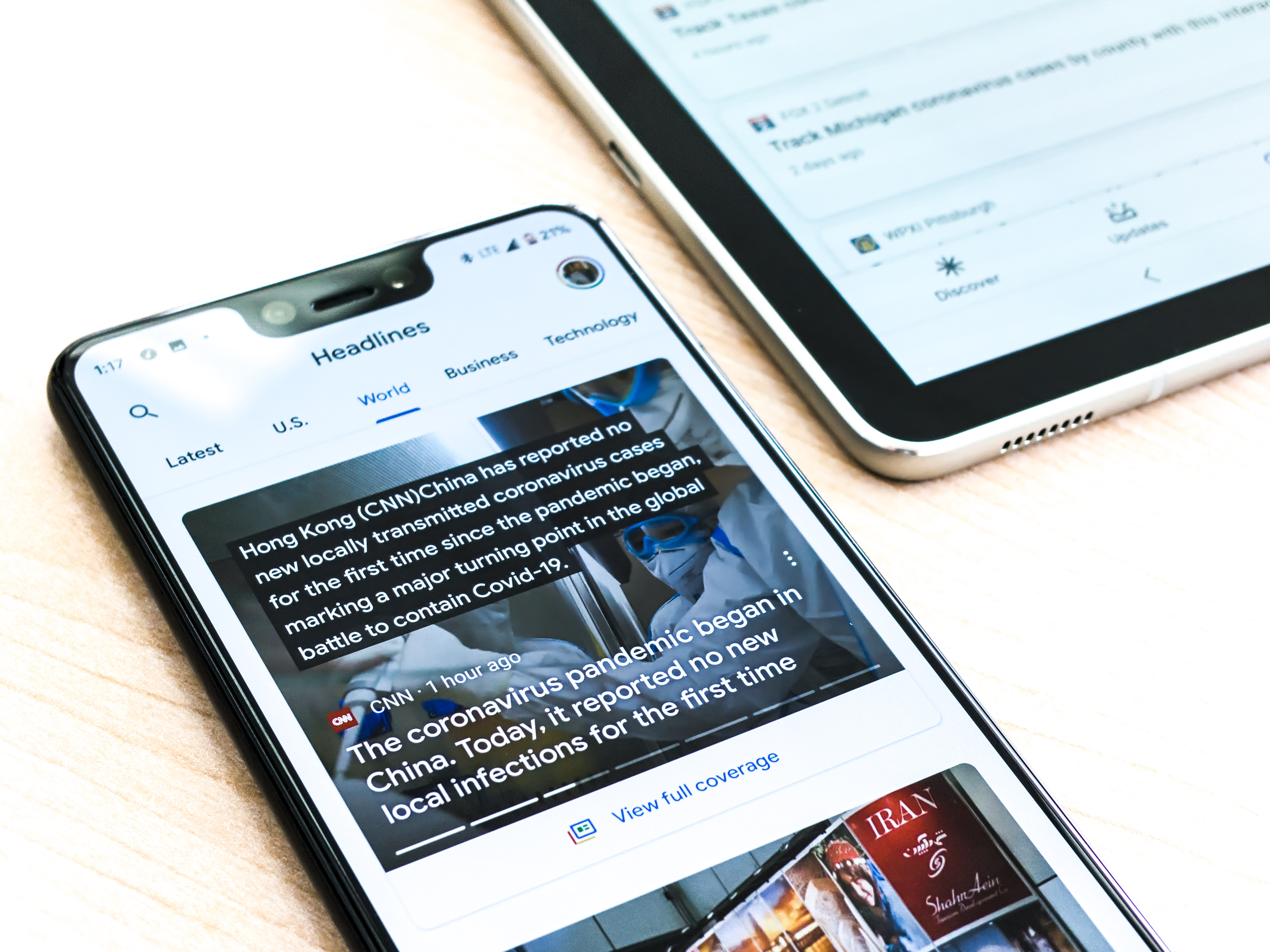
Use Caution
Nobody likes having to wear face coverings all that time. Nor dousing their hands in liquid sanitizer every time they enter into a building. But these are the things we need to do to keep both ourselves and those around us safe.
Even if you've been double vaccinated and aren't an at-risk individual, it's still possible to put those around you at risk if you were to contract the virus.
For younger people, the symptoms of COVID-19 are considerably less pronounced. But for senior citizens and immune-compromised individuals, contracting a virus could mean a life or death situation.
Therefore, it's best to err on the side of caution. Wash your hands, use hand sanitizers, and wear a mask when in close contact with the public.
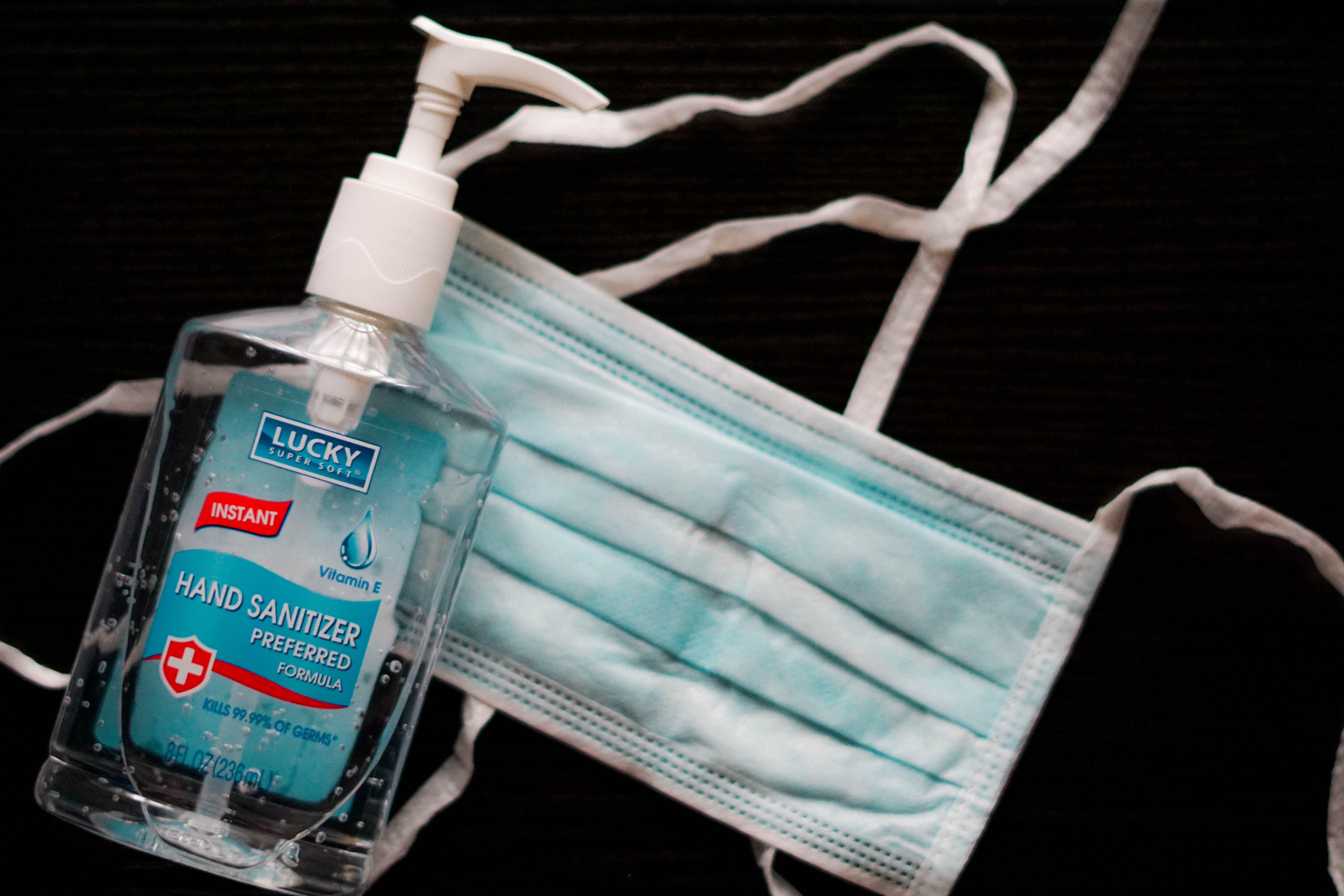
Get Checked If You Have Symptoms
Even for individuals that have been vaccinated, it's still possible to carry the virus and potentially spread it to those around you.
You may not even have any severe symptoms or believe that you are genuinely that sick. But if you suddenly come down with any cold or flu-like symptoms, it's probably better to be proactive and get yourself checked.
Many people worry that being tested for COVID-19 will be uncomfortable or painful. However, while you may feel slight pressure or irritation during the test, it should not hurt.
Plus, the whole thing is over in a few seconds. And if you do end up testing positive for COVID-19, you'll be able to thank yourself for putting up with those few seconds of discomfort.
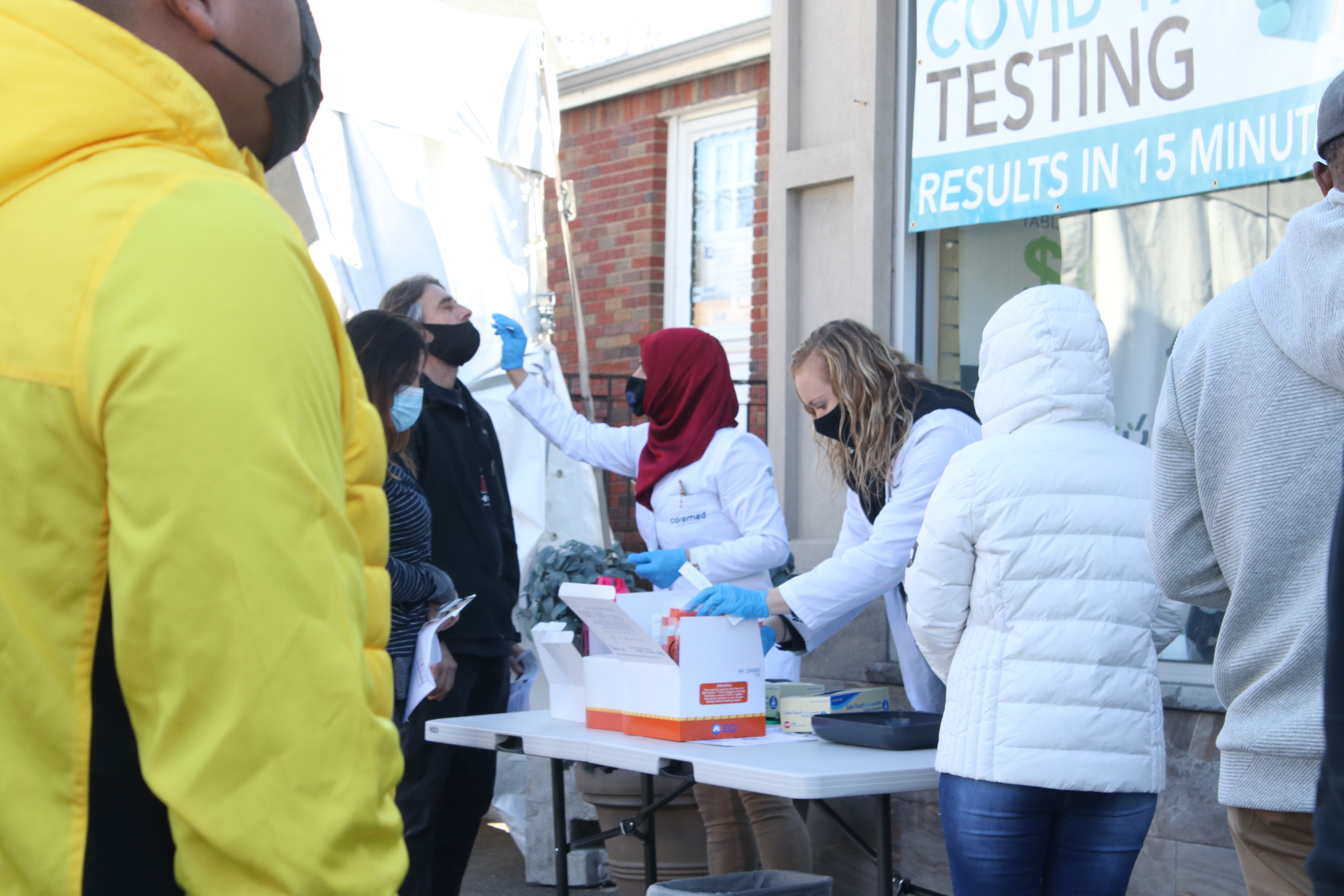
Travel Smart
Whether you're heading home for the holidays or staying on campus to catch up on your studies, it's important to travel smart, no matter where you go.
Think before you leave home, even if you're simply travelling about town to pick up groceries or running a few errands. It's a good idea to carry a few simple hygiene items with you. This includes kleenex, hand sanitizers, disinfectant wipes, and a face covering or mask if required by your local health regulations.
Especially for those of you that may rely on public transit, it's essential to be smart while you're out and about. If using local bus or train transmit, make sure to bring hand sanitizers to clean your hands when you get off.
And, for those who might be flying home or anywhere else this month, be sure to abide by any rules or regulations set in place by your airlines.
Also, make sure to bring a mask or face covering to keep yourself; aside from COVID-19, a busy transit station has always been a breeding ground for viruses and bacteria.
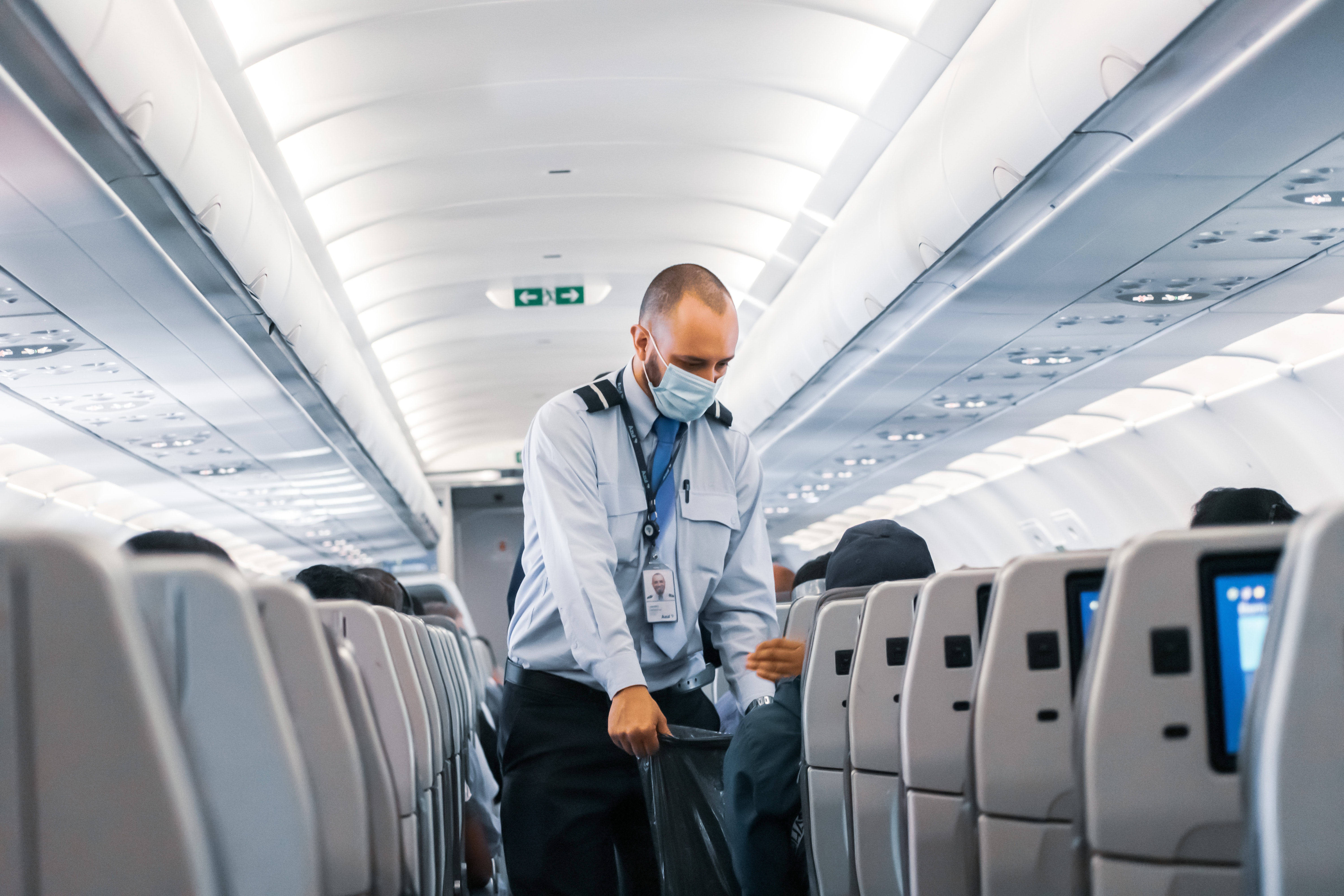
Keep Yourself Up-To-Date On Changing COVID-Related Rules
Although numbers might be down in your region, that doesn't mean we're out of the woods just yet. Especially throughout the winter months, individuals are particularly prone to spreading viruses and bacteria. That's why winter is also colloquially referred to as cold and flu season.
In other words, the health and safety rules regarding COVID-19 and social distancing measures may change at any, depending on your local numbers.
Therefore, it's essential to keep yourself up-to-date and check in with your local health officials or news outlets for the most up-to-date information available.
Be safe, and we'll see you next year!


